Search
Search Results
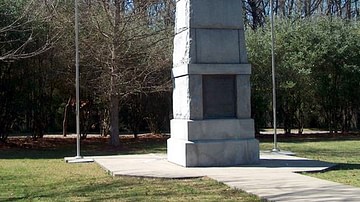
Article
Trail of Tears: Memorial and Protest of the Cherokee Nation by John Ross
The Trail of Tears was the forced relocation of the "Five Civilized Tribes" – Cherokee, Chickasaw, Choctaw, Muscogee Creek, and Seminole – from their ancestral lands in the Southeastern region of the United States to "Indian Territory" (modern-day...

Definition
Underground Railroad - Pathways to Freedom
The Underground Railroad was a decentralized network of White abolitionists, free Blacks, former slaves, Mexicans, Native Americans, and others opposing slavery in the United States who established secret routes and havens to help slaves...
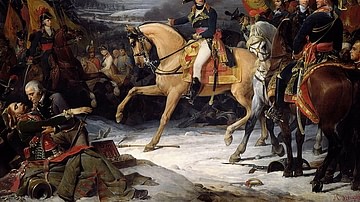
Definition
War of the Second Coalition
The War of the Second Coalition (1798-1802), part of the broader French Revolutionary Wars, was the second attempt by an alliance of major European powers to defeat Revolutionary France. The Second Coalition, which included Russia, Austria...
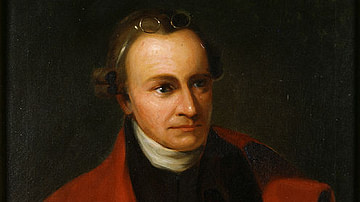
Definition
Patrick Henry
Patrick Henry (1736-1799) was a Virginian lawyer and politician who played a vital role in the American Revolution (c. 1765-1789). Known for his brilliant oration, including the famous Give Me Liberty or Give Me Death speech, Henry served...

Article
Coronation of Napoleon I
The Coronation of Napoleon I as Emperor of the French took place on Sunday 2 December 1804, in the Notre-Dame de Paris cathedral. A sacred ceremony held to legitimize Napoleon's reign, the coronation signaled the birth of the First French...

Article
Ten Juneteenth Myths
The celebration of Juneteenth – originally known as "Freedom Day" – began on 1 January 1866 in Texas and, since then, a number of myths have grown up around the event it commemorates: the issuance of General Order No. 3 in Galveston Texas...
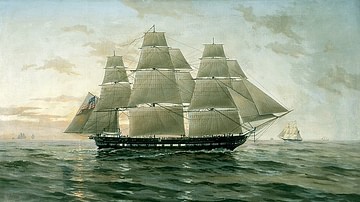
Definition
Chesapeake-Leopard Affair
The Chesapeake-Leopard affair was an incident that took place off the coast of Norfolk, Virginia, on 22 June 1807 when the British warship HMS Leopard fired on and boarded an American frigate USS Chesapeake while searching for deserters from...

Article
What Were the Consequences of WWII?
The consequences of the Second World War (1939-45) were many and varied. Nazi Germany, Fascist Italy, and military-dominated Japan were all defeated. Many occupied countries were liberated and regained their freedom while others were obliged...
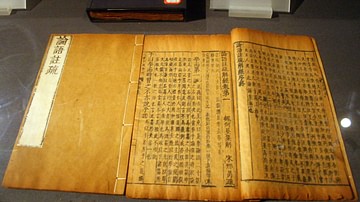
Definition
Confucianism
Confucianism is a philosophy developed in 6th-century BCE China, which is considered by some a secular-humanist belief system, by some a religion, and by others a social code. The broad range of subjects touched on by Confucianism lends itself...
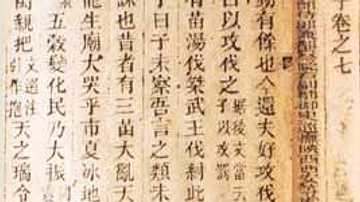
Definition
Mo Ti
Mo Ti (l. 470-391 BCE, also known as Mot Tzu, Mozi, and Micius) was a Chinese philosopher of the Warring States Period (c. 481-221 BCE) associated with the Hundred Schools of Thought (different philosophical schools which established themselves...